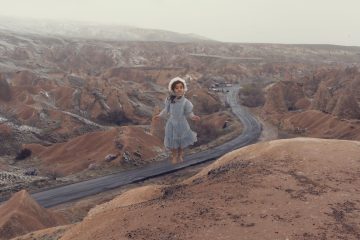
Designers and artists at creative agency WongDoody have also captured the portraits of those involved, from 4D rendering to 4B pencil and more.
Grace Francis, Global Chief Creative & Design Officer at the agency, has said: “Everyone knows the feeling of that craving we all share for escape and respite after everything the world has endured over the past two to three years. End Of Nowhere is intended to satisfy this hunger and more.”
The interviews were all conducted by Eugene Robinson, frontman of experimental US rock band Oxbow, who’s also a journalist who writes for the likes of the New York Times, GQ, LA Times and Vice. Here’s a sneak peak at some of the interviews and portraits below.
Lydia Lunch: poet, singer and punk icon
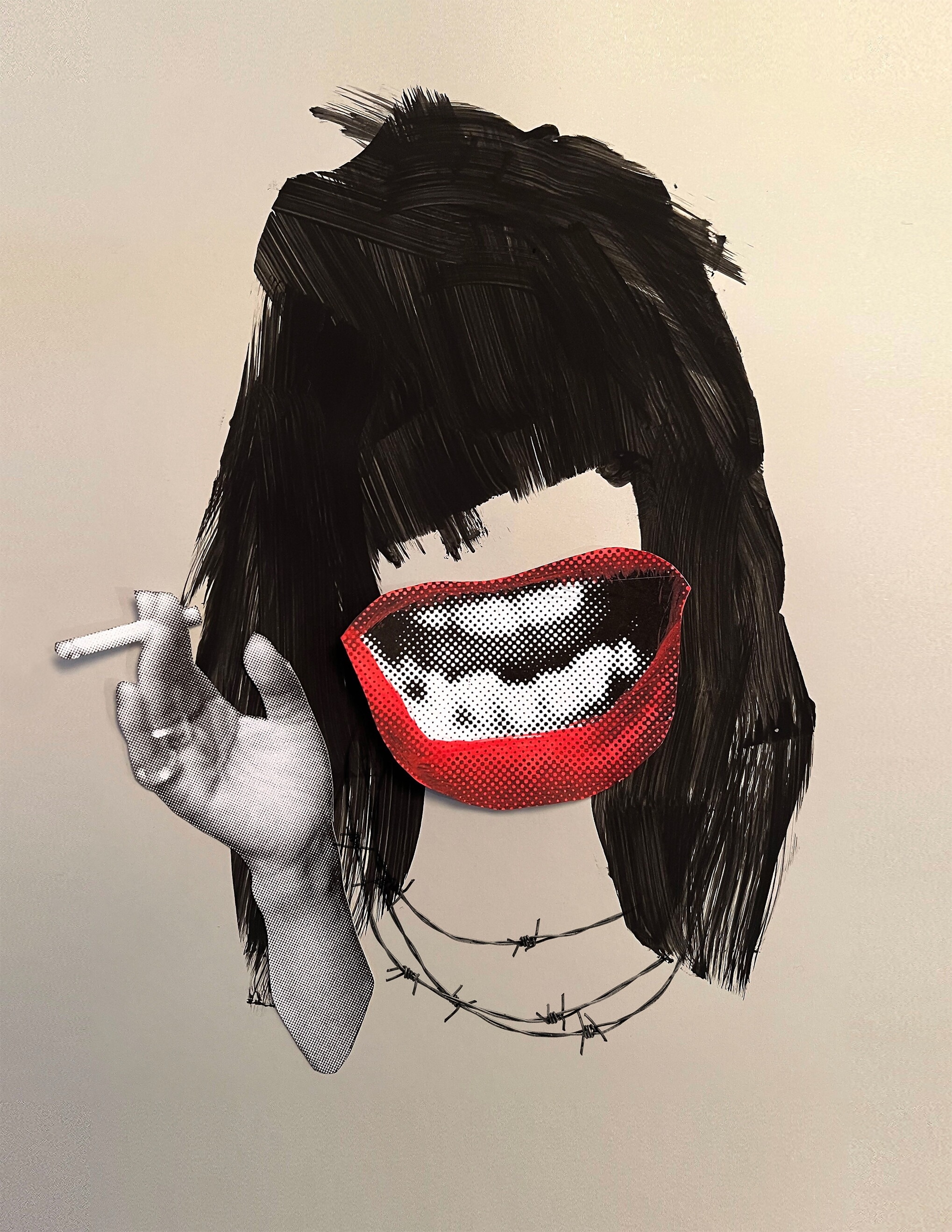
“More than music, which is why I was out until 2 o’clock in the morning at 13… I felt there was a whole in literature that somehow I needed to fill.”
“After reading Last Exit to Brooklyn by Hubert Selby Jr, all of Henry Miller, de Sade, Jung and so on… I originally went to NYC just to do spoken word.”
“But it was easier in ‘77 to kick the door down with the hideous din of music. So: Teenage Jesus & the Jerks. After the door was kicked in, I started curating spoken word shows.”
John Cameron Mitchell: actor, playwright, screenwriter, and director
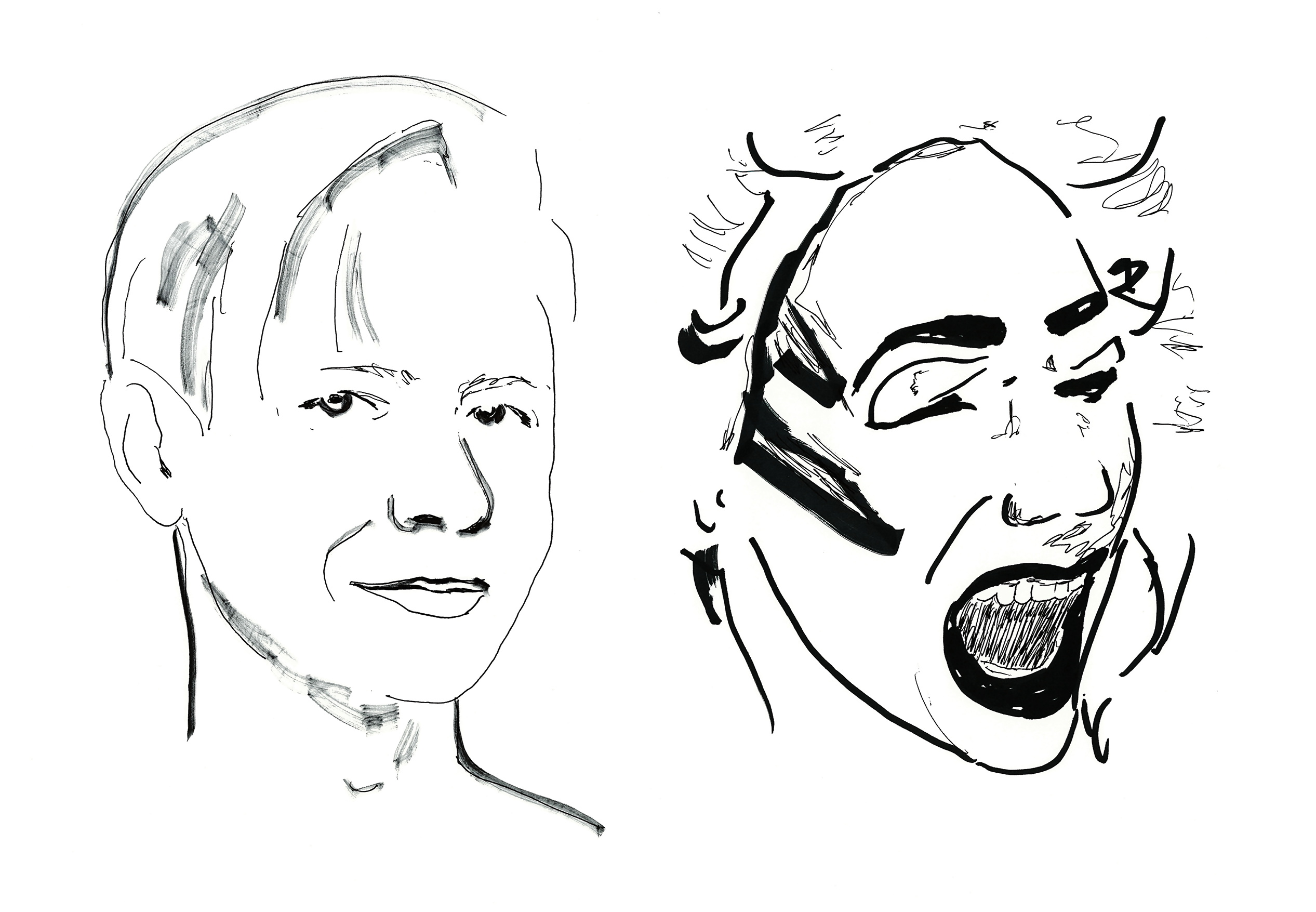
“A lot of what I do now is remind young people that they are unique, and that imitation is at the beginning of art often, but it can’t be the end because if you’re looking for clicks, you’re not listening to your inner voices, and you’re crushing originality at the source.”
Dean Kuipers: journalist and environmentalist
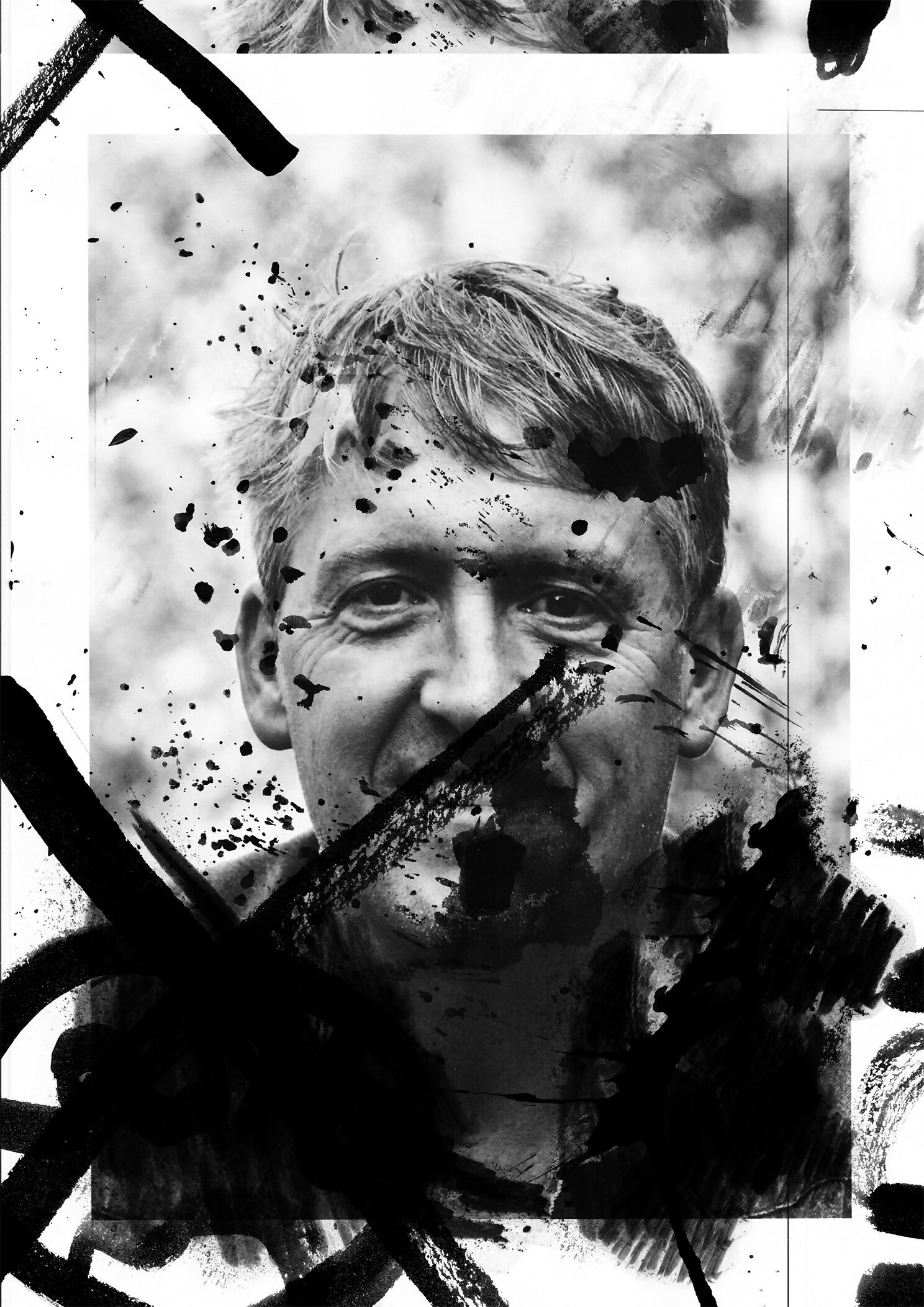
“Young people are reporting either that they feel hopeless, and also that they feel moved to do everything they can to change the culture for the better. We’re sensitive creatures. We can feel the change in our bodies. We know that the place where we live is being actually impacted by a changing climate, and that some of the changes will be negative. We feel what Australian philosopher Glenn Albrecht calls ‘Sollstalgia’ – the pain of losing our natural home. We don’t have another one.”
Sophia Chang: manager of members of the Wu Tang Clan and Tribe Called Quest
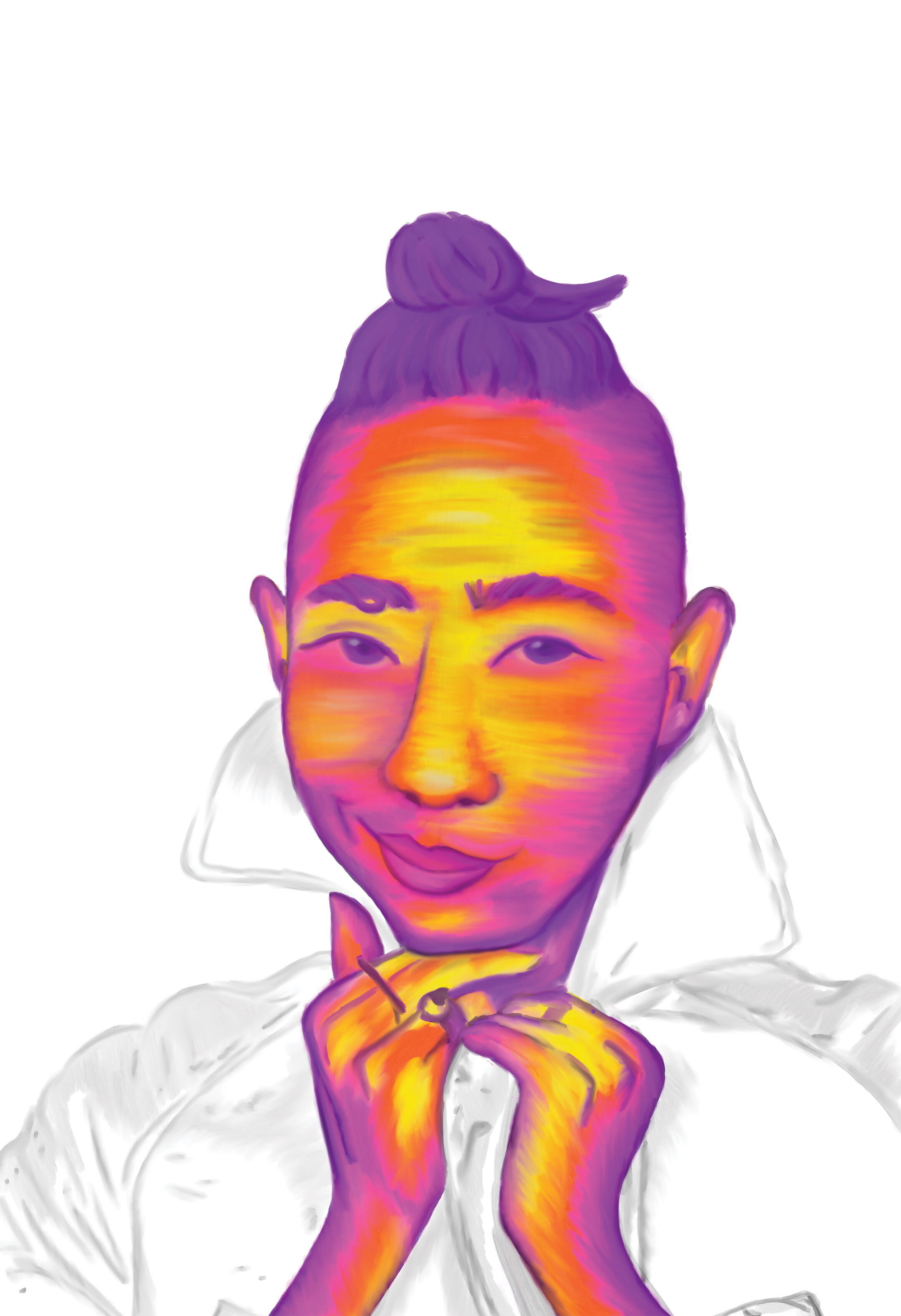
“I think I have a unique gift for seeing talent through a fully integrated lens, meaning that I can read every aspect of their being – emotional, psychological, spiritual, intellectual, as well as creative.”
“One of the great privileges of having been close to some of the greatest artists of our era is to be able to experience their music at so many levels.”
Andre Shakti: journalist and activist
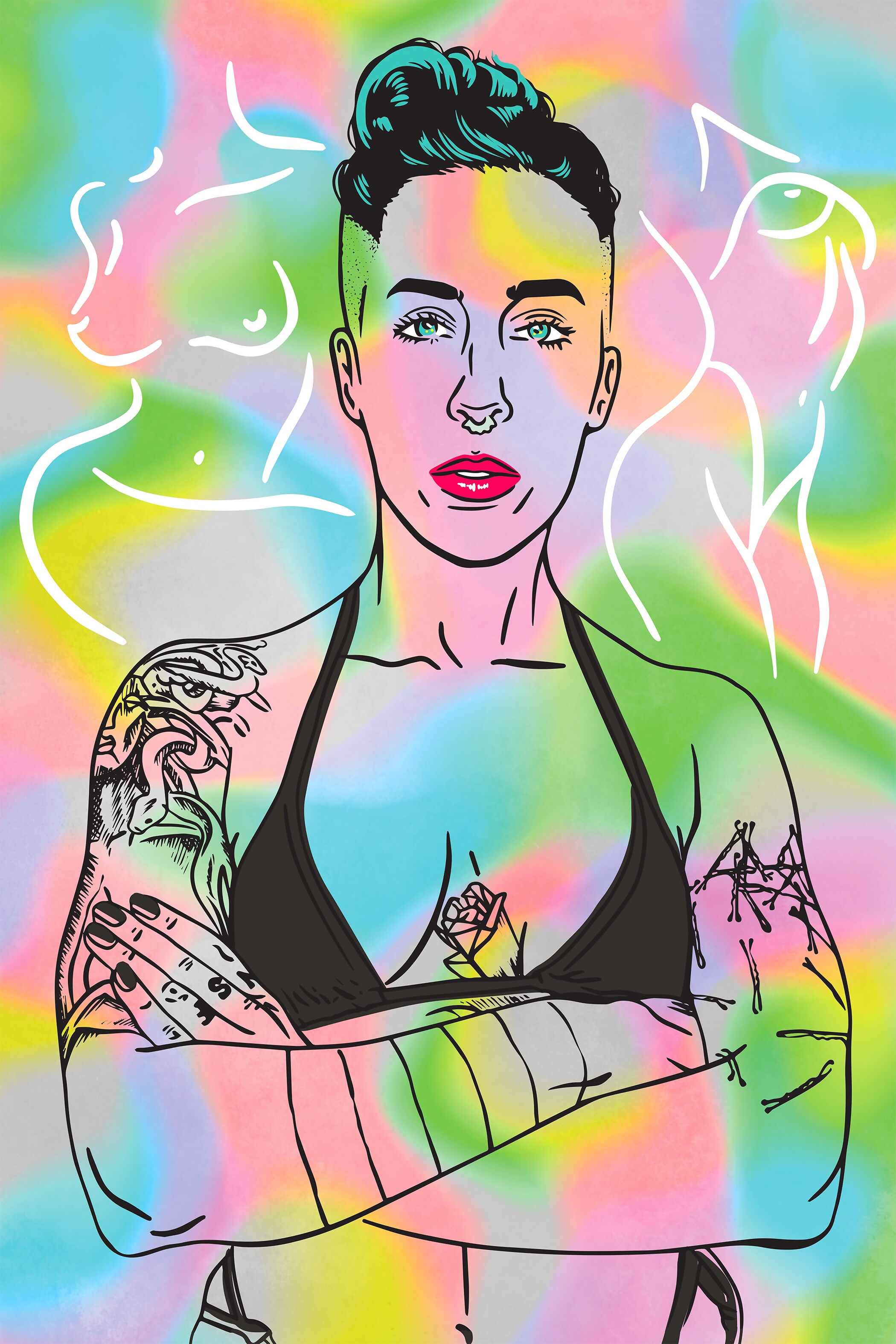
“At this point in my life it is near impossible for me to be presented with an opportunity – financial or otherwise – without immediately wondering how I can “spread the wealth” and get other people in need benefitting from it, too. A commitment to accessibility is key.”
“I’ve grown a lot in my journey to become a conscious, intentional, active ally to folks more marginalized than I am. And trust me, I still fuck up, but it’s the constant work that’s critical.”
Fauxnique: drag artist

“Fauxnique comes right out of this concept: that I found “authenticity” (a concept which I’m suspicious) in the practice of drag artifice.”
“I created Fauxnique as a way to participate in drag performance, ignited by my own drag fandom. I soon realized I already had a drag past as a fledgling ballerina. I had gone deeply into ballet and trained hard into early adulthood, and that training was drag training: ballet is drag. It is this hyper-stylized feminine performance.”
Cintra Wilso: writer, performer and critic
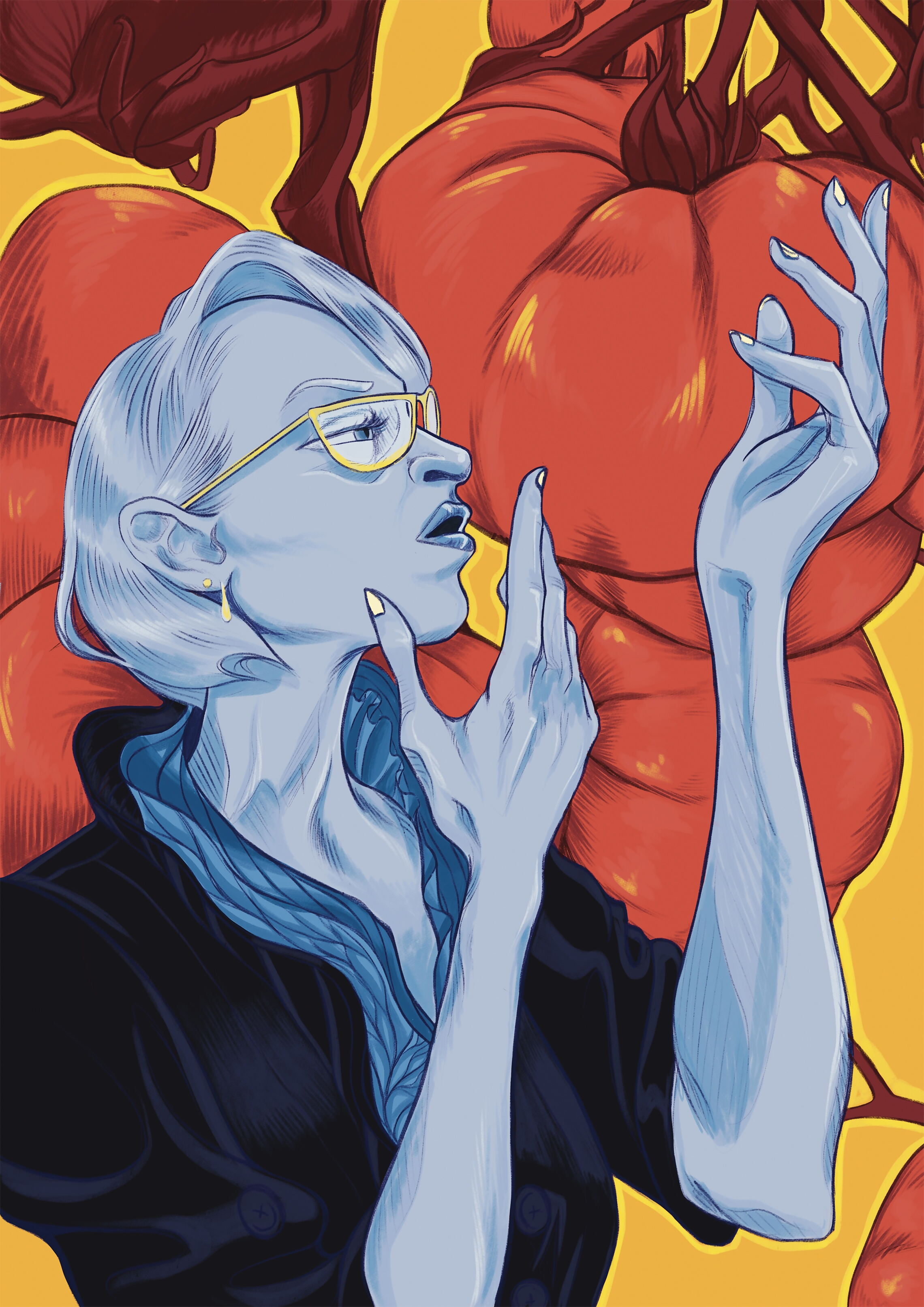
“Why do you write things? To entertain and/or edify, right? Unless you’re the kind of writer that only writes to get their own artistic rocks off, and doesn’t care if they are understood by anyone else. To some great degree in this culture, your artistic merit is judged by your marketplace success – which is ridiculous.”
“Usually art that has the most merit gets the least amount of attention.”
Derek Walker: founder and creative of Brown and Browner agency
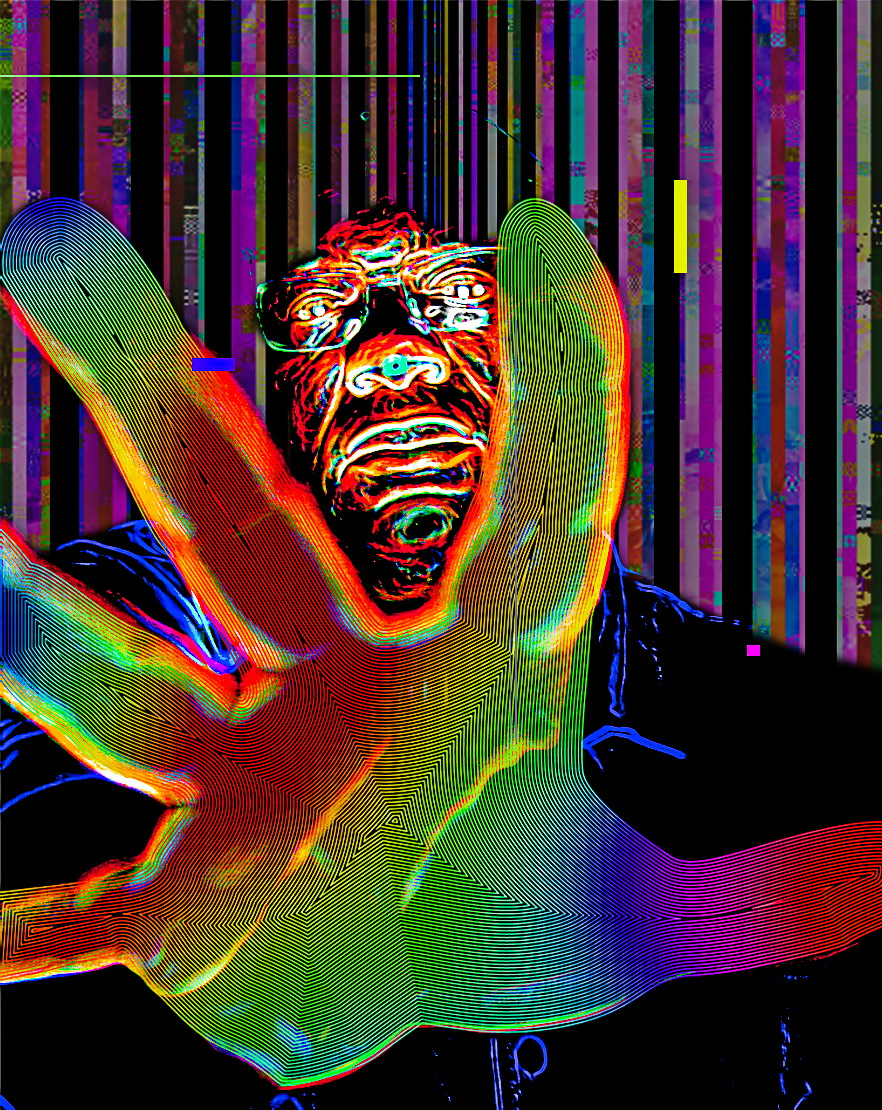
“Advertising sucks because it wants to be everything to everyone. Generalizing is the easiest path. Great advertising says, “screw it”, and focuses in on a single target audience. Sure others get and like the message, but it still speaks to someone directly.”
“It simply doesn’t care who else is listening. We can’t “deliver from perspectives outside of the usual suspects” because we are afraid of new, unknown, and unfamiliar. The potential for failure scares us doo-doo less.”
“The advertising industry didn’t get like this on our own, we learned this from a group of big and powerful clients who became risk adverse. We didn’t jump into this position of fear, we were pushed.”
Jamie Stewart: musician, frontman of Xiu Xiu
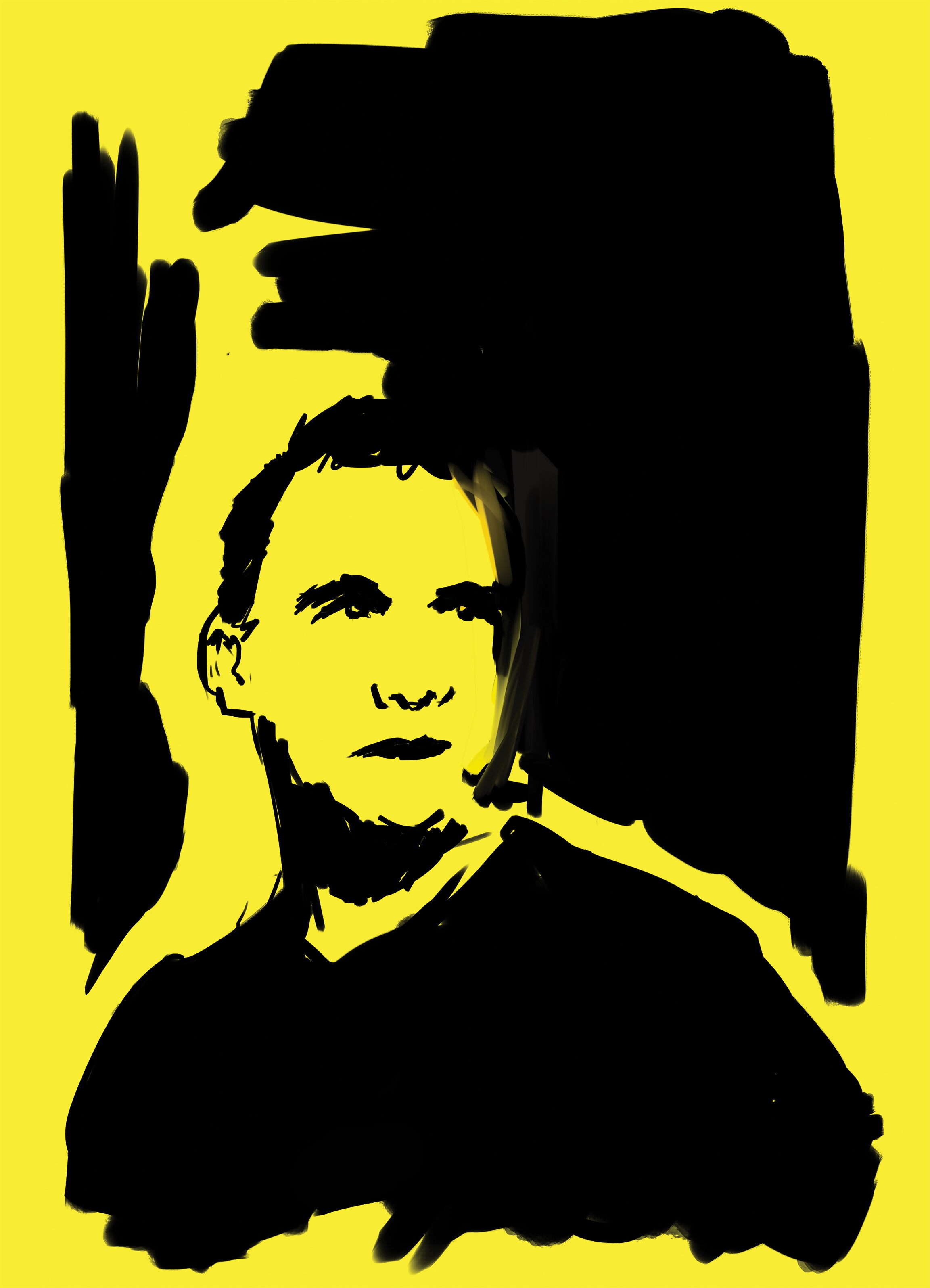
“Look, I try as hard as I can not to think about what I am doing and just muddle forward. I am sure everything connected to what I do is changing, it has to be, but I don’t want to know how.”
“I hope with experience we are getting better and more than that, bolder. But maybe “better” is an impossible way to consider music, or anything, and determining what “better” means is out of one’s hands most of the time while making something.”
“And certainly out of one’s hands once it is released. But I think that the drive to continue to learn, expand, take risks and never give up is in one’s hands. That I do think we are both at the very, very least hoping to do, and be better at.”
Mike Patton: frontman of Faith No More
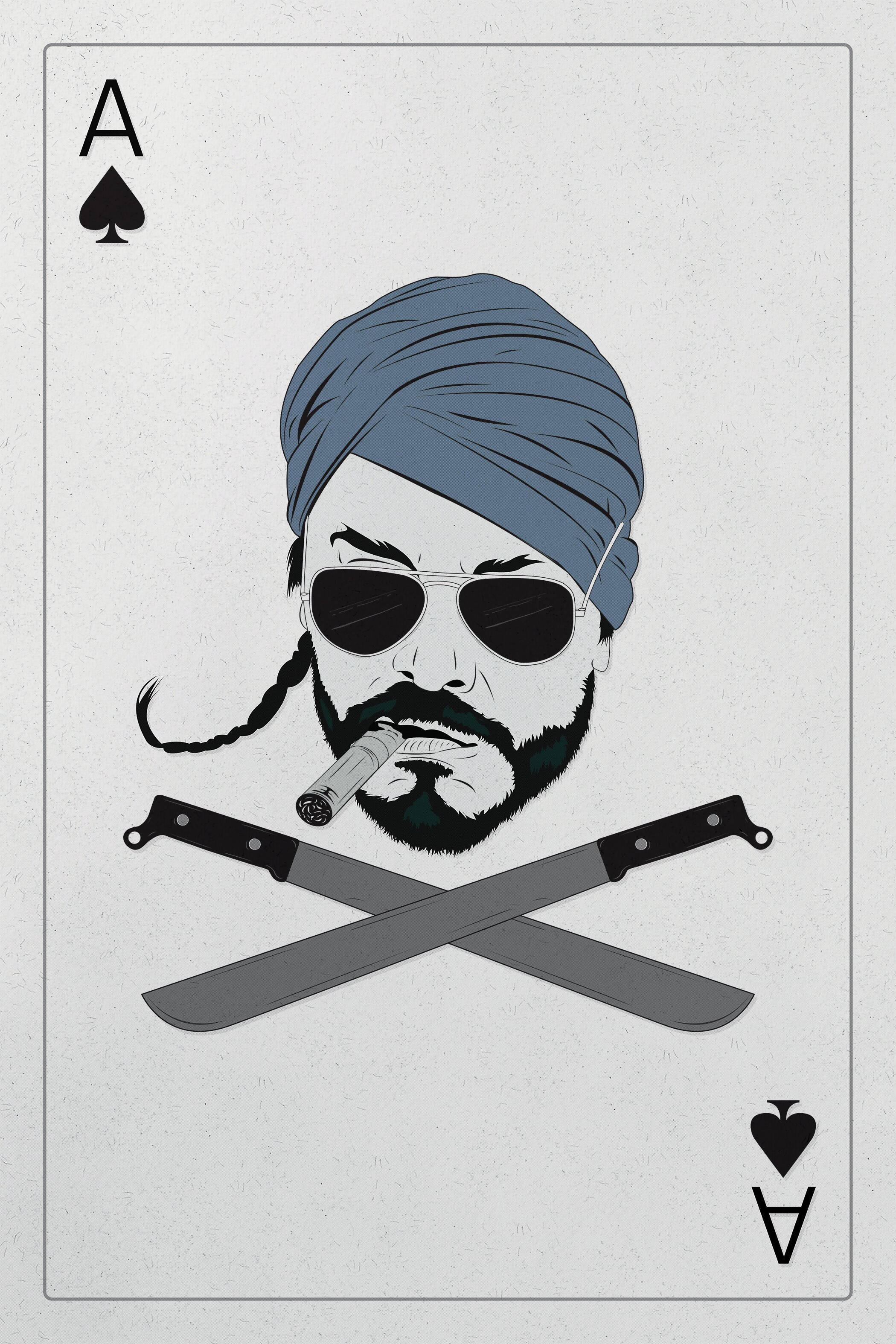
“Speaking of aging… well, that’s tricky. At times, it is comforting and gives me a certain resolution. Like “This is who you are: swallow it? Other times, I feel slightly disjointed and like a grandpa falling down the stairs. Both are welcome and I accept them lovingly. But it’s day to day.”

